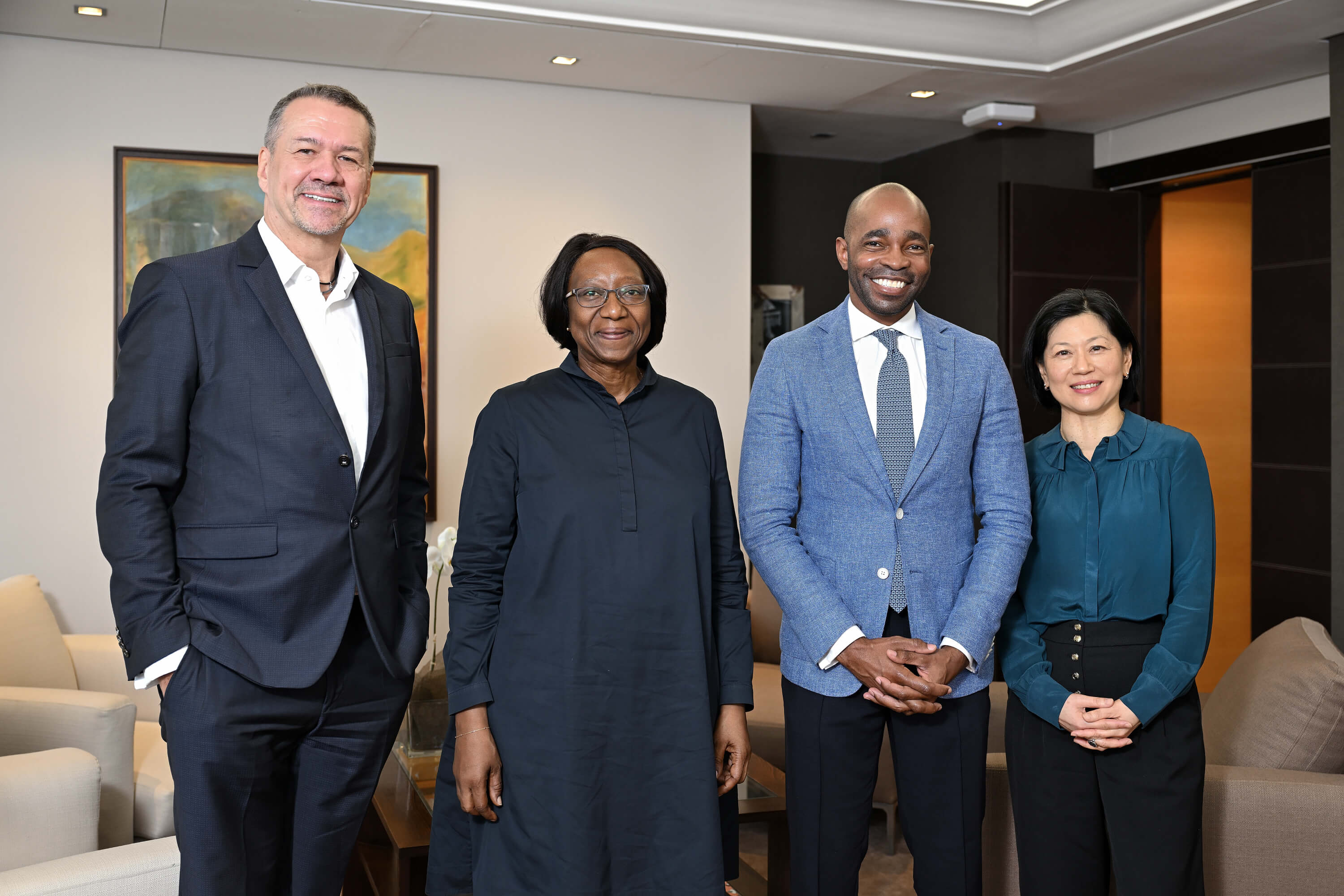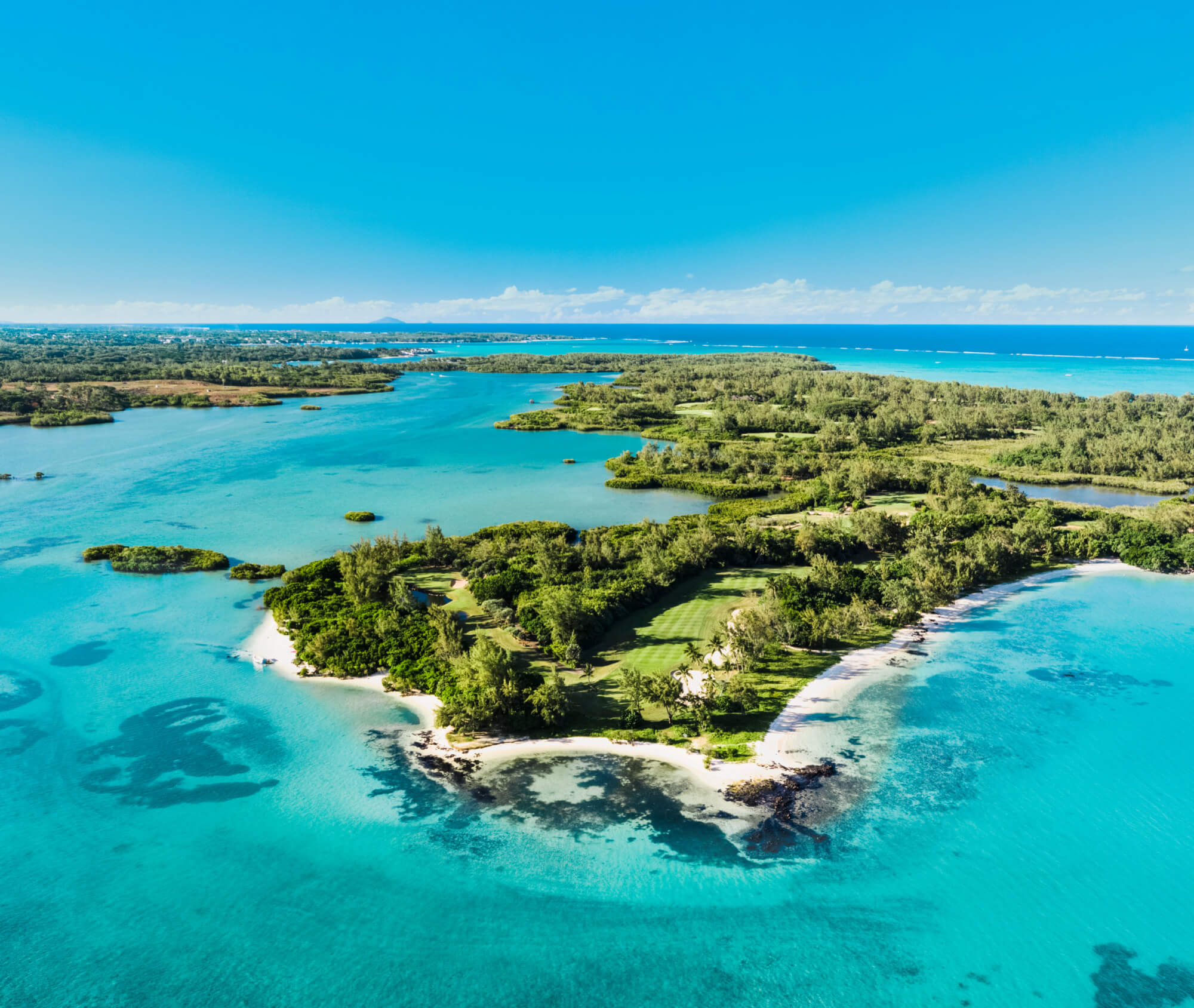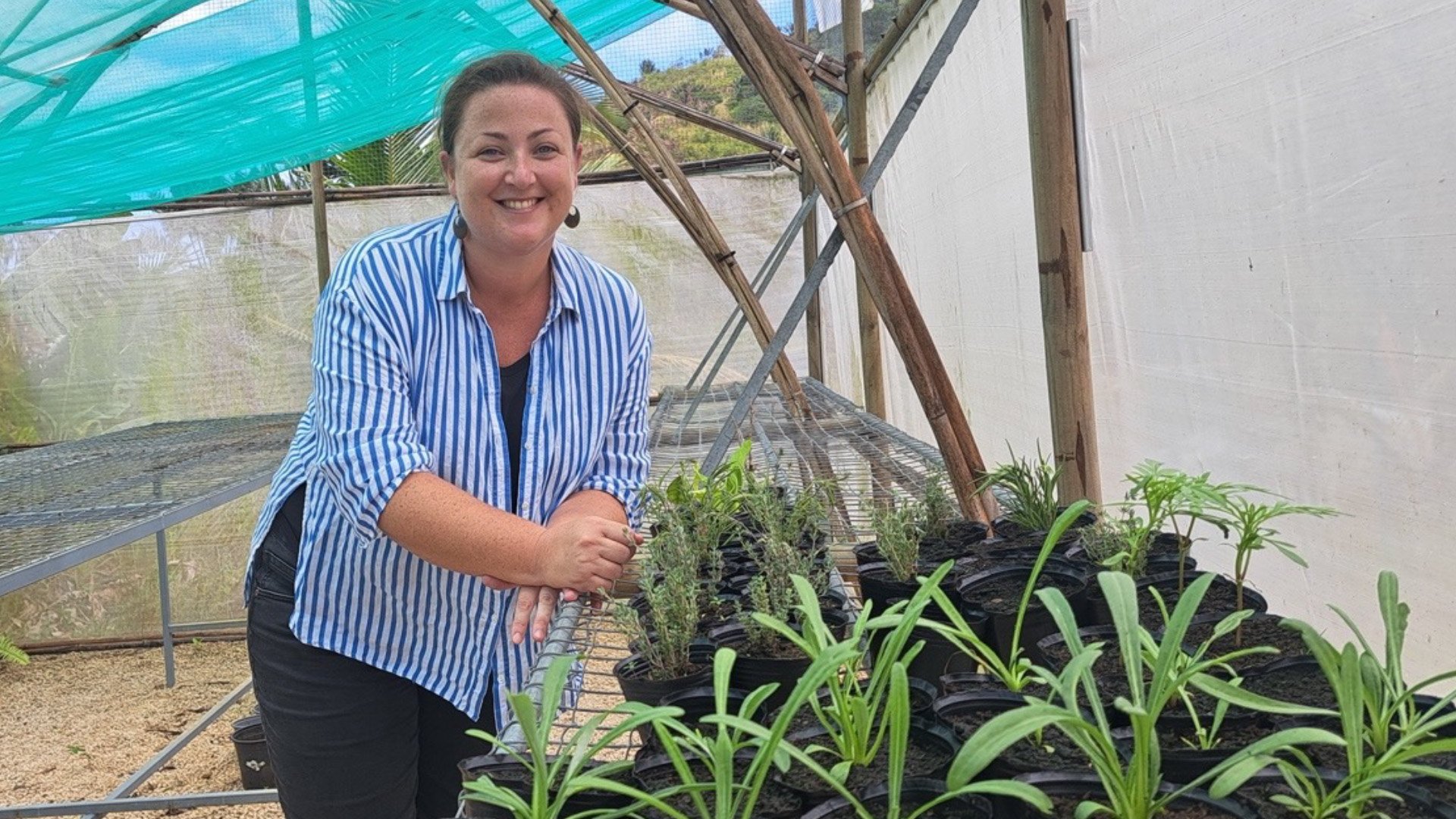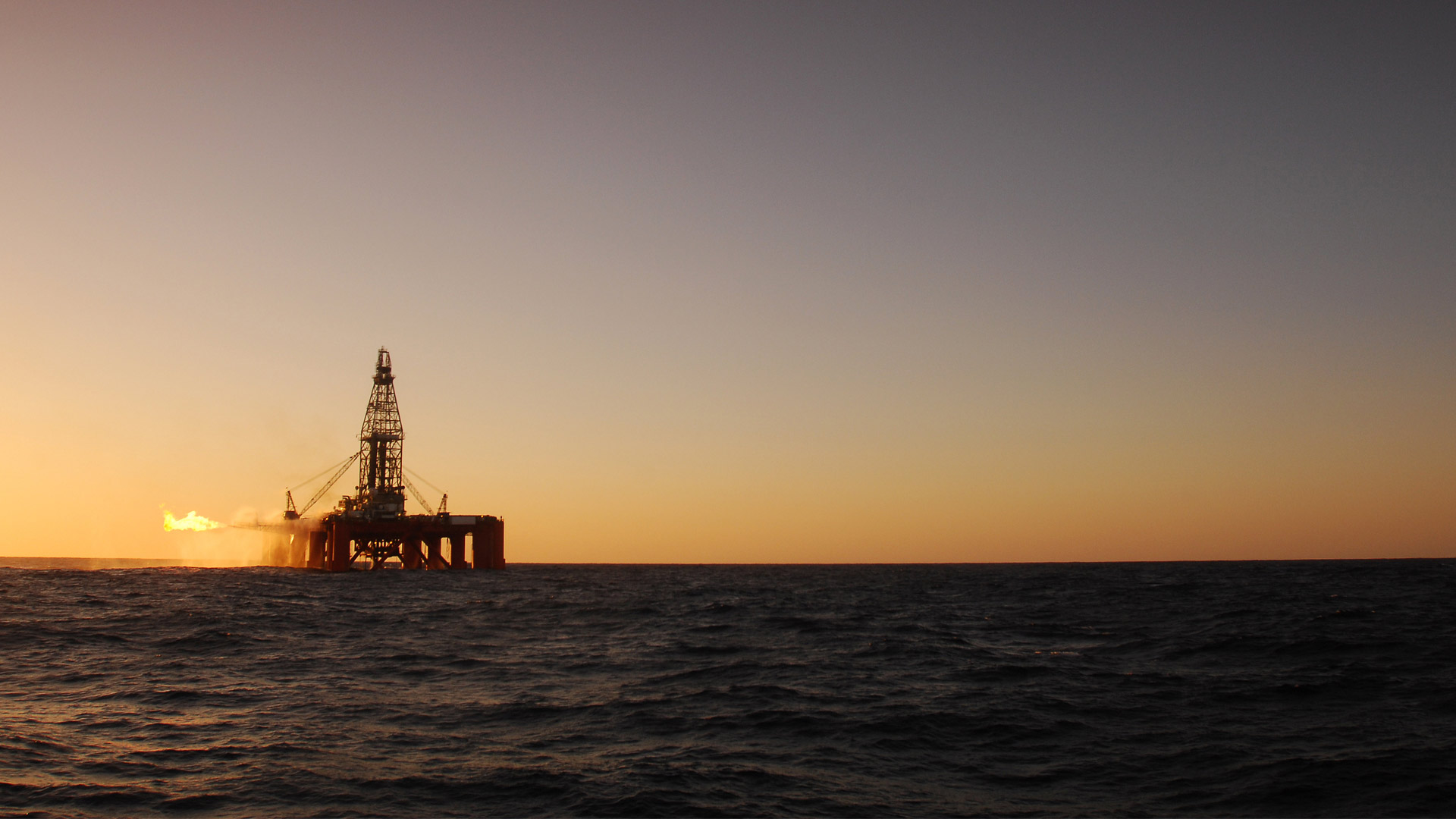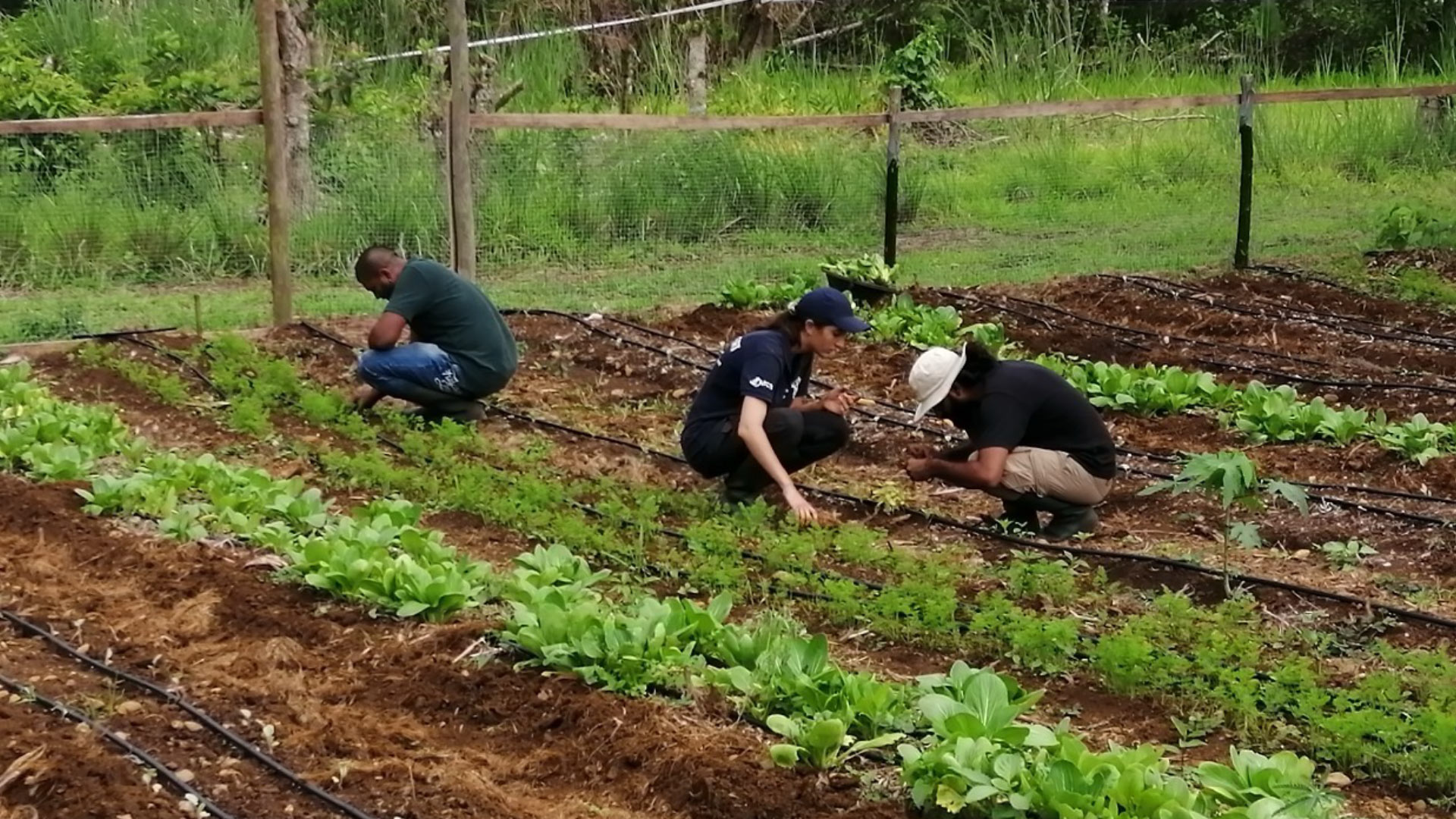- Home
- Investor Centre
- Sustainability
- Talent
- News
- TH!NK
- Corporate Governance
- Company Profile
- Board of Directors
- MCB Offices
Contact Info
Net zero doesn’t mean anything for Africa, says Trade Finance expert Rebecca Harding
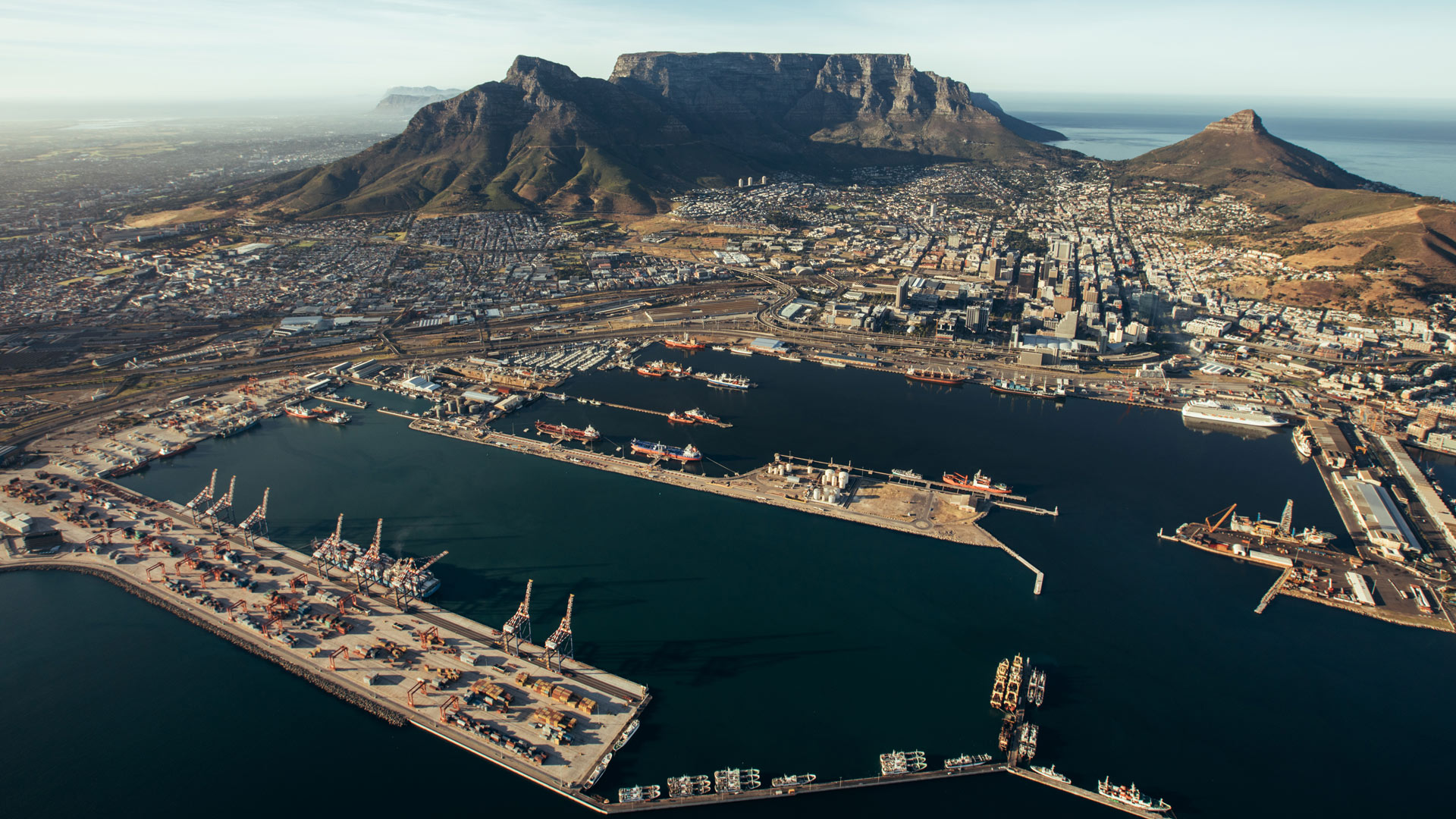
In a recent podcast on Trade Finance in Africa, the economist says that while environmental considerations in Africa are extremely important, they are about impacts because Africa is a victim of Climate Change, not a perpetrator. As such, the continent needs to define its own narrative.
Africa’s needs and how to achieve them in a sustainable manner are the topics of endless debates as the road to net zero gradually winds down. This conundrum is perfectly summed up by Olusegun Obasanjo, Nigeria’s former President: “No other continent in history has been tasked with the challenge of developing without polluting, whilst being simultaneously the major victim and lowest contributor to emissions.”
In a recent episode of the MCB Talk podcast focusing on Trade Finance in Africa, Rebecca Harding, an independent Trade Expert and friend to the continent, says that Africa's difficulty in defining what it needs stems from the fact that “regulations come from outside. The ways we measure economic growth and economic performance are all defined by a narrative that isn’t an African narrative.”

Philippe Touati, Head of Corporate and Institutional Banking, Mark Badmus, Founder and Lead Consultant of AMB Global Trade Finance Consultants, Jean Michel Ng Tseung, CEO, MCB Group, Rebecca Harding, Independent Trade Expert, Arnaud Levasseur, Team Leader, Global Trade Solutions, MCB and Thierry Hebraud, CEO, Ltd during the Trade Week, organised by MCB.
By the same token, she believes that sustainability is very different in an African context from what it is in a European context. “If you look at Sustainability as it is talked about in the majority of the world outside of Africa, it means ESG. In other words, it is a regulatory framework for financial institutions and large corporates to report. That isn’t going to wash in Africa at all because what it means is that a lot of the considerations are about the environmental aspects. Environmental considerations in Africa are extremely important, but they are about impacts. Africa is a victim of Climate Change in a way that perhaps other countries and regions in the world aren’t”, Rebecca Harding says.
As such, she adds that while Africa needs to think about Climate Change, it shouldn’t be “regulated for it in the same way.” Africa must “work with the rest of the world based on its own understanding of what it needs to define sustainable trade.”
While Europe, America and China – among others- have been able to define their economic growth and development, Africa has never been given a chance to say what will make African trade sustainable, Harding says, adding that what’s needed is “a conversation about the economic conditions, about creating meaningful jobs, about the impact on communities, education, healthcare etc.”
The economist stresses that Africa is not consuming in the same way the global north is, which is an opportunity for more sustainable consumption patterns and economic growth and development.
She adds that while the E in ESG “doesn’t mean anything in an African context, the S really matters” because it means jobs, support for communities, the provision of hospitals, electricity, skills, education, training, and healthcare.
“All of those things are far more important in an African context than net zero”, Rebecca Harding concludes.
Subscribe to our Email Alerts
Stay up-to-date with our latest releases delivered straight to your inbox.
Contact
Don't hesitate to contact us for additional info
Email alerts
Keep abreast of our financial updates.






.jpg?sfvrsn=467195a0_1)
